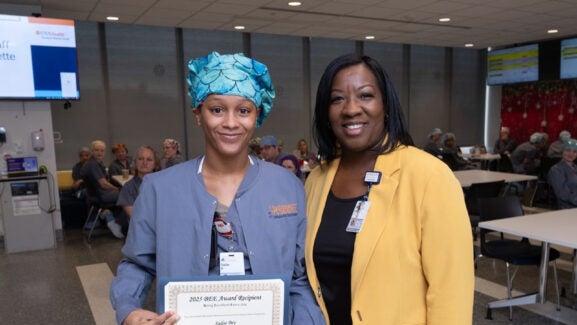
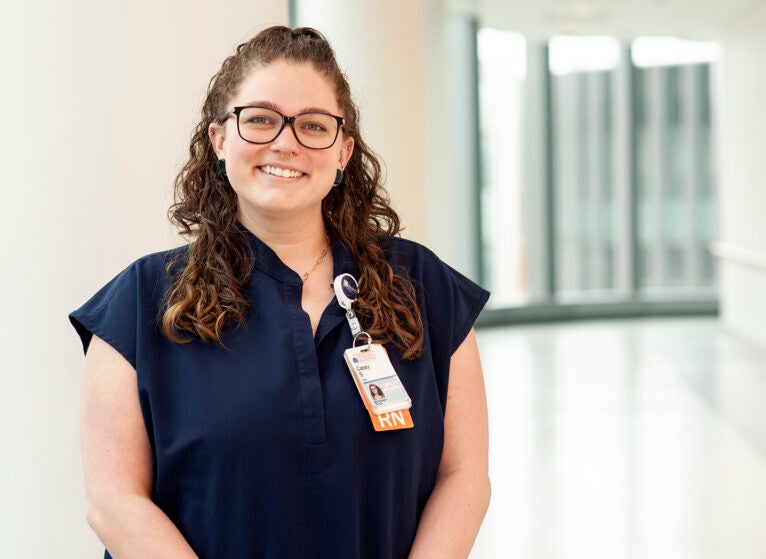
Joking Aside, Casey Shatz Improves Handwashing Rates in the TCV-ICU
As a first-year nurse in the Thoracic-Cardiovascular Surgical Intensive Care Unit (TCV-ICU), Casey Shatz has already made a difference at UVA Health. When her nurse manager, Marcia White, RN, shared the underwhelming results of a recent handwashing audit, Shatz knew they could do better. “It was bad,” Shatz admits. “We were one of the lowest-ranked units in the hospital.”
We sat down with Shatz to find out how she inspired her interdisciplinary team to come together and improve handwashing rates in the TCV-ICU.
Why is handwashing so important in the TCV-ICU?
Shatz: We work with a very sick population undergoing heart and lung surgeries. Some of our patients get transplants or they're immunocompromised, so it's really important that we wash our hands.
I’m a big fan of the TCV-ICU. We do our best every day, but unfortunately, handwashing is just one of those things that is really easy to forget to do. Either you're trying to dart into a room and need be there as quick as you can, or there's an empty room and there's not a patient in there. But at the end of the day, the policy always applies. Anytime we go into a room, we should wash our hands before our feet cross the threshold of the room. And then as we're leaving the room, we wash our hands again, take the gloves off, wash our hands, leave.
What happened after you found out about your unit’s poor handwashing rates?
Shatz: That morning, we talked about the numbers in our shift huddle. Marcy [White, RN] said, “Guys, we really have to work together to bring these numbers up.” We all went about our days, a little in shock.
Later that same day, I was with Elizabeth Massey (a fantastic nurse), waiting for a patient to come out of the OR. We were in the room, making sure we had the supplies we needed, and the nurse practitioners, physician assistants and residents were all there, too, because they’re the team that stays with the patient in the ICU. Everyone just started congregating as they were waiting. So, I cracked a joke: “Hey guys, did you wash your hands?!? Because we should all be washing our hands!!” Everyone laughed it off, but Elizabeth and I looked at each other and said, “No, actually, we need you to wash your hands.”
It became a running joke that everyone had to wash their hands for Casey. It just grew and grew to the point that everybody became much more mindful of washing their hands. Marcy posts our handwashing rates on our huddle board, and I saw that a week after I cracked my joke, our LIPs’ handwashing rate jumped to 100%. It’s nice that as a team, we can improve. And if we can get along as we’re improving, even better.
Why do you think your approach was effective?
Shatz: Even though everybody has a unique role and is part of a small team, we’re also one big team. We spend so much time with each other, we're kind of family at this point. So, I think it was easier to take a lighthearted approach instead of trying to be punitive. It cut the tension. We all knew we had to work together to improve. So, let’s giggle about it, but also, come on. Let’s wash our hands.
What allowed you to feel empowered to speak up?
Shatz: Even though I just graduated from nursing school last May, I’m not intimidated like some of my other, new colleagues because I started in this same unit as a tech seven years ago. Through all the crazy stress of COVID, as terrible as it was, we grew into a really great team together. I hate to say this, but there’s nothing more team-building than trauma-bonding.
I have a lot of respect for the doctors on our team, but at the same time, I think it's better if we can look at each person on our team as a person, not as “a nurse” trying to talk to “a surgeon.” I’m a person, you're a person, we're a team, and we’re all working for the betterment of this patient. Let's work together.
Latest News

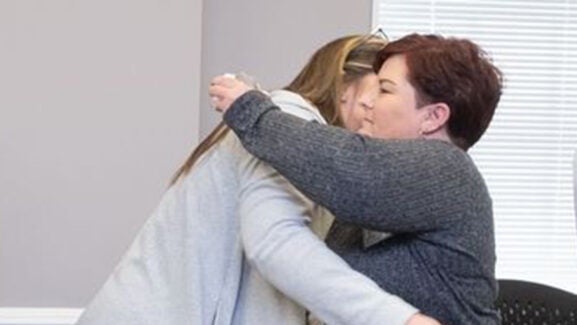
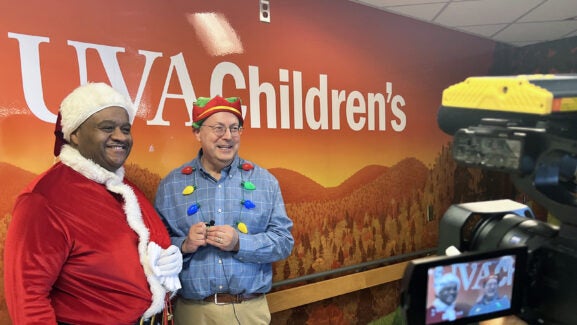
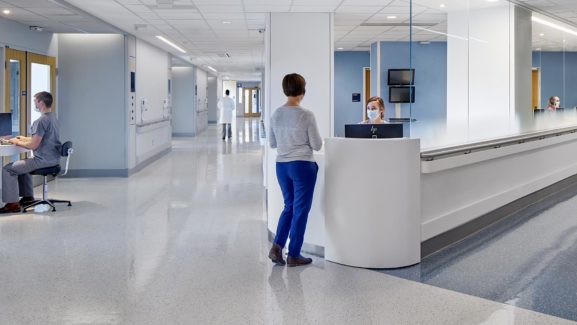
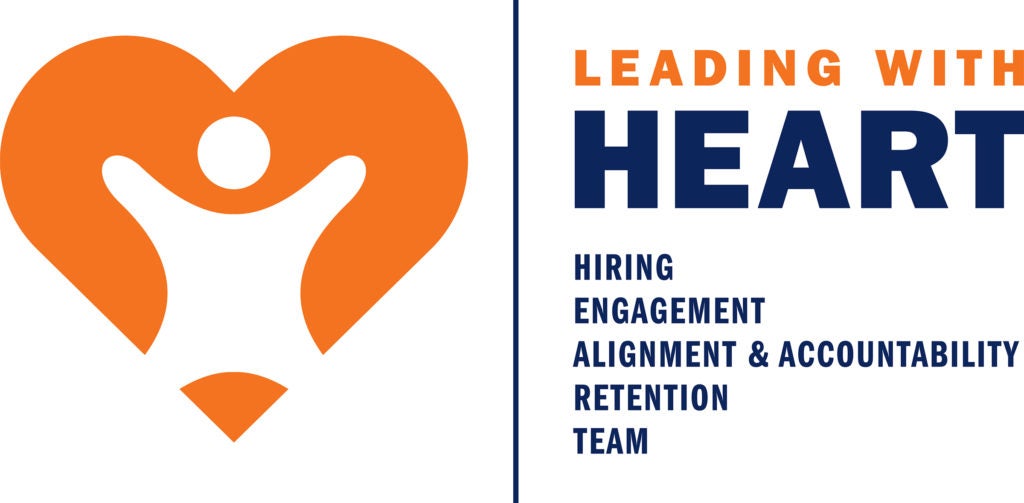
Grace, PA is always 100%!!
great job Casey!! I’m so glad to see you working as an RN!!
So nice, very respectful and hard worker RN. UVA lucky having such a good nurse. as her! thank you so much. you the best
Great Job Casey!
Casey is one of the greatest human beings I’ve ever had the pleasure of knowing! Awesome work Casey 🙂